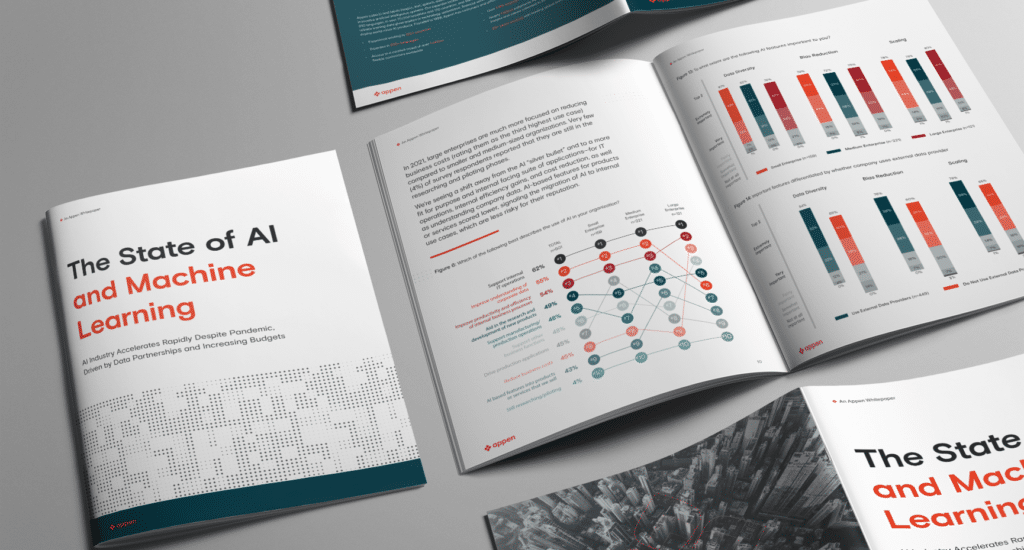Technology has been advancing at an unprecedented rate in recent years, and one of the fields that have seen significant growth is machine learning. It is a subfield of artificial intelligence (AI) that facilitates computers to comprehend data and make decisions without being explicitly programmed. With the explosion of data available today, machine learning has become increasingly important in many industries, from healthcare to finance to retail.
In this article, we will explore the potential of machine learning and answer the question, “Is machine learning the future?”
Contents
The Current State of Machine Learning
Machine learning has made significant strides in recent years, with advancements in deep learning, neural networks, and natural language processing. The growth of machine learning can be attributed to the availability of large amounts of data, more powerful computing resources, and the development of algorithms that can handle complex data sets. Many industries, such as finance and healthcare, are already using machine learning to improve operations, increase efficiency, and reduce costs.
Applications of Machine Learning
Machine learning has a huge spectrum of applications, and the potential uses of this technology are virtually limitless. Some of the most notable applications of machine learning include:
- Healthcare: Machine learning can be used to analyze large amounts of medical data, such as patient records and medical images, to identify patterns and predict outcomes. This can lead to earlier diagnoses, more personalized treatment plans, and better patient outcomes.
- Finance: Machine learning can help financial institutions identify fraud, manage risk, and optimize investment strategies. With the capacity to study vast amounts of data, machine learning can quickly identify anomalies, patterns, and trends that are difficult for humans to detect.
- Retail: Machine learning can be used to analyze consumer data, such as purchase history and online behavior, to provide personalized recommendations and improve the customer experience. This can lead to increased sales and customer loyalty.
- Manufacturing: Machine learning can be used to optimize production processes, predict equipment failures, and reduce downtime. This can result in enhanced efficiency, lowered costs, and increased profitability.
The Future of Machine Learning
The potential of machine learning is enormous, and the future looks bright for this technology. Machine learning is poised to revolutionize many industries, and as the technology continues to develop, we can anticipate seeing even more applications in areas such as transportation, energy, and agriculture. As more data becomes available, machine learning algorithms will become more sophisticated, enabling more accurate predictions and better decision-making.
One of the most thrilling areas of expansion in machine learning is the creation of neural networks that can learn from human feedback. These systems, known as interactive machine learning, allow humans to provide feedback to machines in real time, enabling them to learn and adapt more quickly. This could lead to significant advancements in areas such as robotics, where machines could learn from human feedback to perform complex tasks.
The Potential Challenges
Despite the enormous potential of machine learning, there are also some challenges that must be addressed. One of the biggest challenges is the issue of bias. Machine learning algorithms are only as reasonable as the data they are readied on, and if that data is biased, the algorithm will be too. This can usher to unintended consequences, such as discrimination and inequality.
Another challenge is the issue of transparency. Machine learning algorithms can be complex and difficult to understand, which can make it challenging to identify errors or biases in the system. As machine learning becomes more prevalent, there will be a growing need for transparency and accountability in the development and deployment of these systems.
Conclusion
Machine learning is unquestionably one of the most exciting technologies of our time, and its potential for improving our lives is enormous. From healthcare to finance to retail, machine learning is already making a significant impact in many industries, and we can expect to see even more.




